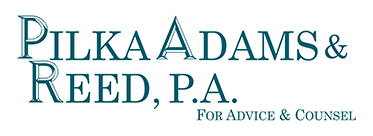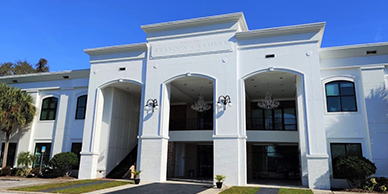Driving after dark includes many risks, which are exacerbated now that daylight saving time has ended. Falling back to an hour less of daylight in the afternoons requires additional care on the Florida roads. The dangers increase during weekends, with Saturday nights proving to be the peak time for car accidents.
Darkness compromises depth perception, peripheral vision, and color recognition. Moreover, drivers can suffer temporary blindness caused by the glare of the lights of oncoming vehicles. Visibility in the dark is limited, even with headlights on high beam, jeopardizing reaction time to unexpected hazards.
Some of the things that increase the risks of road accidents at night are:
- Compromised night vision: Night vision or the ability to see in low-light conditions deteriorates with age, and drivers over 50 see about half of what a 30-year-old can see, with those over 60 even more at risk.
- Medical conditions: The American Optometric Association says degenerative eye diseases and cataracts put older drivers at additional risk due to vision problems.
- Fatigue: According to the National Sleep Foundation, more than one million fatigued drivers nationwide have fallen asleep while driving.
- Drowsy driving: Reasons include lack of sufficient sleep, sleep disorders, shift work and long work hours.
- Impairment: Impairment by alcohol, drugs and some prescription of over-the-counter medication cause many car accidents, particularly on weekends from midnight to about 3 a.m.
Sadly, many drivers and passengers in vehicles on the busy Florida highways suffer the consequences of nighttime accidents caused by the negligence of others. When that happens, the financial and emotional repercussions could be severe. However, victims might have grounds for filing a personal injury lawsuit in pursuit of a judgment for monetary damages against the party or parties responsible for the accident.

